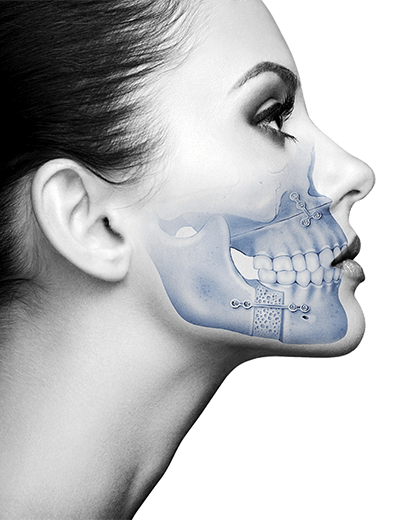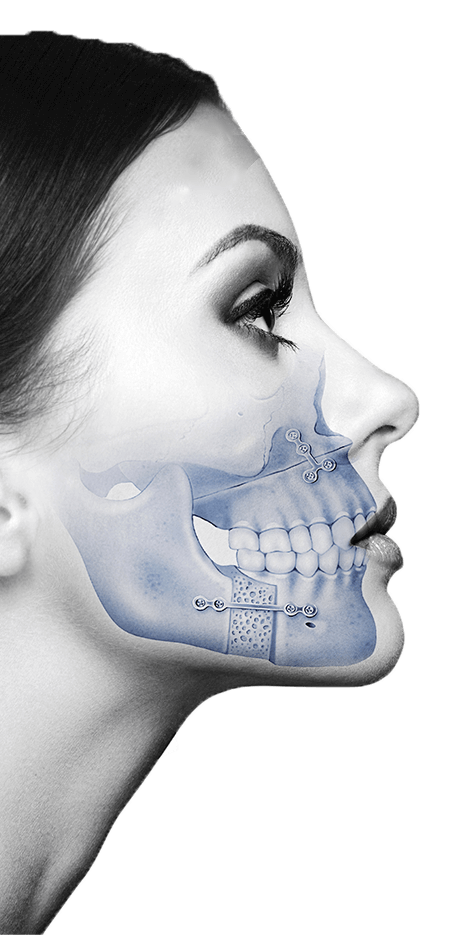It is estimated that one in four people between the ages of 30 and 70 suffers from obstructive sleep apnea, and 90% of these cases go undiagnosed. That' why we must be very attentive to the warning signs: snoring, waking up tired, or excessive drowsiness during the day. In addition, there are risk factors such as diabetes, obesity, or high blood pressure.

Sleep apnea can have very serious consequences if it is not detected in time, such as the risk of suffering arteriosclerosis, cerebral vascular accidents, heart attacks, neurocognitive disorders, or even death, since the lack of night rest exponentially increases the risk of suffering traffic accidents or in the workplace.
Key Facts and Statistics About Sleep Apnea
-
About 936 million adults worldwide have obstructive sleep apnea (OSA).
-
Snoring occurs in up to 94% of people with sleep apnea.
-
Sleep apnea risk is higher for older adults, men, post-menopausal people and those carrying excess weight.
-
Motor vehicle accidents are twice as likely among those with untreated sleep apnea.
-
Untreated sleep apnea is linked to high blood pressure, dementia, blood sugar issues, stroke and heart failure, among other serious health issues.
-
Sleep apnea treatment may improve a patient's quality of life.
-
Orthognathic surgery is the only curative and definitive treatment available nowadays.
Fortunately, thanks to the continuous dedication and intense investigation of the Obstructive Sleep Apnea Syndrome, today the specialists of Instituto Maxillofacial together with other groups at an international level, have scientifically demonstrated that orthognathic surgery is the definitive solution to this serious problem in patients with dentofacial deformities.
Call us at +34 933933185 or write to international@institutomaxillofacial.com to arrange your sleep apnea diagnostic test.
Related content:
Does having sleep apnea make me less intelligent?
Class 2 malocclusion and its relationship with obstructive sleep apnea
The role of the maxillofacial surgeon in the treatment of Sleep Apnea








